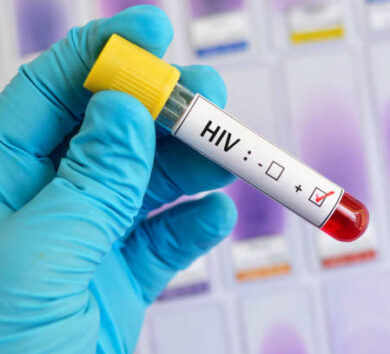

Countries in the Americas are experiencing adverse effects of the COVID-19 pandemic which has disrupted the diagnosis and management of non-communicable diseases, a study conducted by the Pan American Health Organization has revealed.
The study titled What is the NCD service capacity and disruptions due to COVID-19? Results from the WHO non-communicable disease country capacity survey in the Americas region conducted between 2019 to 2020 revealed that of the 34 countries featured in the study, 50 per cent reported a lack of comprehensive of NCD guidelines, essential medicines and related service inputs.
Non-communicable Disease refers to a group of condition that is not caused by acute infection and may result in long-term health consequences. These include hypertension, diabetes, cancers and chronic lung illnesses.

Despite efforts by Governments to invest in healthcare services to combat NCDs, the COVID-19 pandemic has caused “significant and sustained” disruption in the provision of primary and essential services.
PAHO said in a statement on Tuesday (March 28) that: “81per cent of the 35 countries surveyed identified NCDs services as part of the government’s core set of essential health services to be maintained during the pandemic, however only 34 per cent reported functioning outpatient services for NCDs, and over 90 per cent reported disruptions in the provision of essential primary care services, including cancer screening and the management of diabetes and hypertension.”

Silvana Luciani, chief of noncommunicable diseases at PAHO said that: “People with NCDs require timely diagnosis, continuous treatment and access to essential medicines, as well as ongoing monitoring of their conditions.”
“Yet the study shows that many countries were unable to meet these demands over the past three years,” she added.
Among the challenges faced by countries during the period was a lack of diagnostic tools, essential medicine and technology for the essential treatment and diagnosis of NCDs.
“Around 240 million people currently live with a chronic condition in the Americas. Access to diagnosis and treatment services for NCDs is essential to managing these conditions and preventing premature death,” Luciani said.

NCDs are a major public health burden in Jamaica and are the leading cause of death. According to the Ministry of Health and Wellness, In 2015, an estimated seven out of ten Jamaicans died from the four major NCDs, Cancer, Cardiovascular Disease, Diabetes and Chronic Lower Respiratory Disease.
PAHO recommends that countries integrate NCDs into universal health coverage and access, with a focus on ensuring affordable, quality care for NCD prevention and treatment as part of primary health care and empowering people living with NCDs to manage their conditions.
In addition, NCDs should be considered as part of national emergency preparedness plans to ensure the continuity of essential NCD services, even during health emergencies and natural disasters.







Comments